Divided into several episodes, the film charts the life of an icon painter Andrei Rublev in a turbulent period of Russian history. Medieval Russia is seen through the eyes of this wandering monk faced with disturbing realities in a world whose dreadful and seductive nature challenge both his faith and artistry.
- Country:
- SSSR Soviet Union, 1966
- Genre:
- Biografski / Biography
- Group:
- Festovih 50
- Duration:
- 205’
- Director:
- Andrei Tarkovsky
- Screenplay:
- Andrey Konchalovskiy, Andrei Tarkovsky
- Cast:
- Anatoliy Solonitsyn, Ivan Lapikov, Nikolay Grinko, Nikolay Sergeev
- Festivals:
- 1969 – Kan / Cannes Film Festival
- Cinematography:
- Vadim Yusov
- Editing:
- Tatyana Egorycheva, Lyudmila Feyginova, Olga Shevkunenko
- Music:
- Vyacheslav Ovchinnikov
- Producer:
- Tamara Ogorodnikova
- Production:
- Mosfilm
- Distributer:
- Films Sans Frontières
- Filmography:
- 1986 Offret / The Sacrifice / Žrtvovanje
1983 Tempo di viaggio / Voyage in Time (Documentary)
1983 Nostalghia / Nostalgia / Nostalgija
1979 Stalker (Сталкер) / Stalker
1975 Zerkalo (Зеркало) / The Mirror / Ogledalo
1972 Solyaris (Солярис) / Solaris
1966 Andrey Rublev (Андрей Рублёв) / Andrei Rublev / Andrej Rubljov
1962 Ivanovo detstvo (Иваново детство) / Ivan’s Childhood / Ivanovo detinjstvo - Awards:
- 1969 - Kan - FIPRESCI nagrada / Cannes Film Festival - FIPRESCI Prize
Showing
Time: 13:00
Price: 350 RSD
Sava centar
ANDREJ TARKOVSKI / Andrei Tarkovsky
Andrei Tarkovsky (1932-1986) was a Russian filmmaker, director, writer, and film theorist. He is widely considered one of the greatest and most influential directors in the history of Russian and world cinema. Tarkovsky studied film at All-Russian State University of Cinematography, and subsequently directed his first five feature films in the Soviet Union: Ivan's Childhood (1962), Andrei Rublev (1966), Solaris (1972), Mirror (1975), and Stalker (1979). After years of creative conflict with state film authorities, Tarkovsky left the country in 1979 and made his final two films abroad; Nostalghia (1983) and The Sacrifice (1986) were produced in Italy and Sweden respectively. Tarkovsky’s book, Sculpting in Time (1986), is a testamentary document in which he explains his understanding of esthetics, art and cinematography with a detailed review of films he had directed.

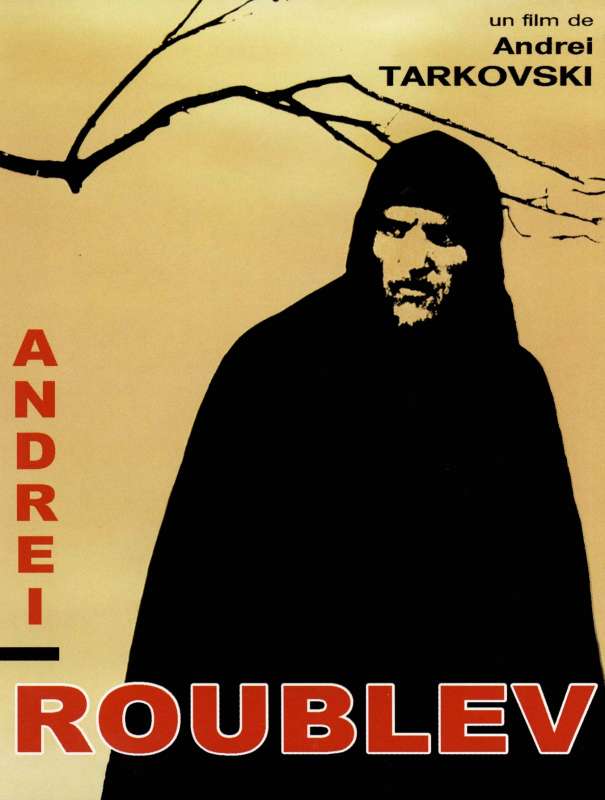
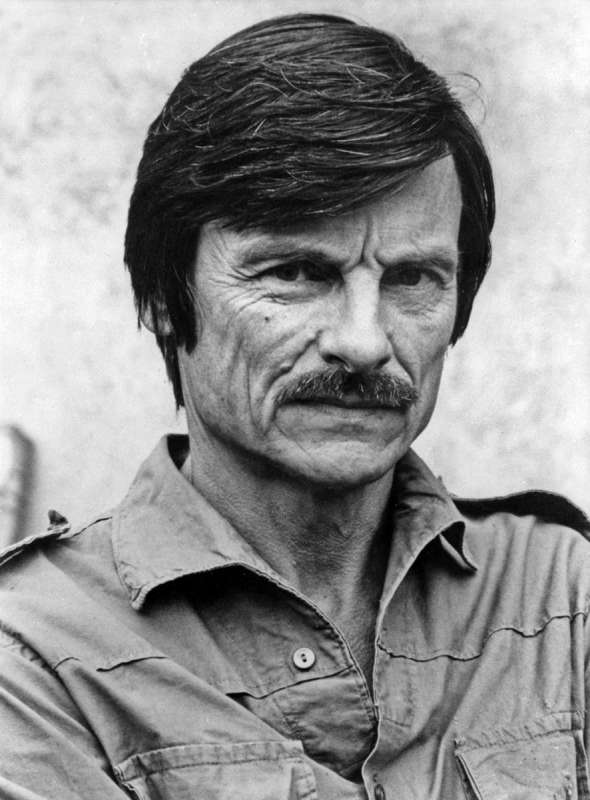
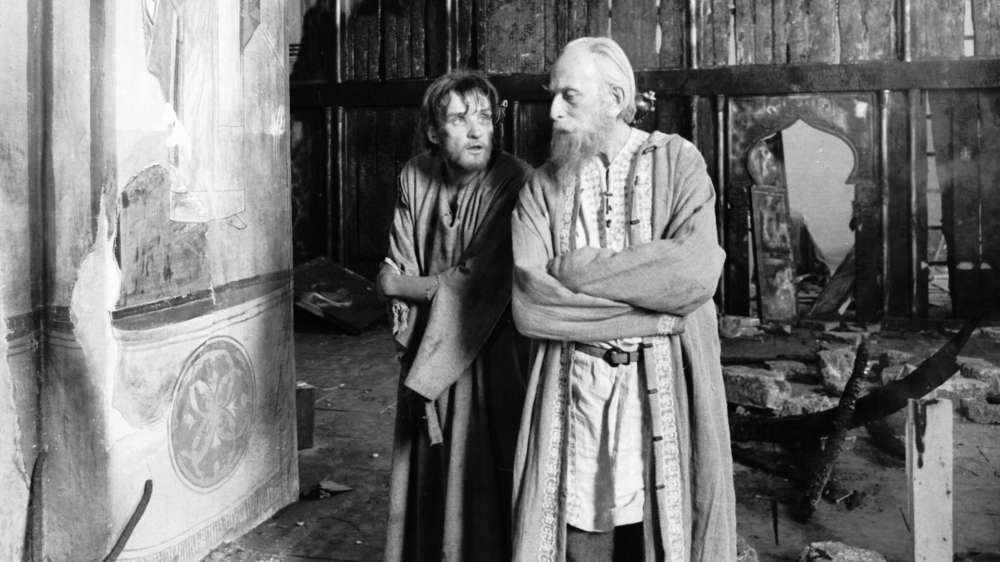
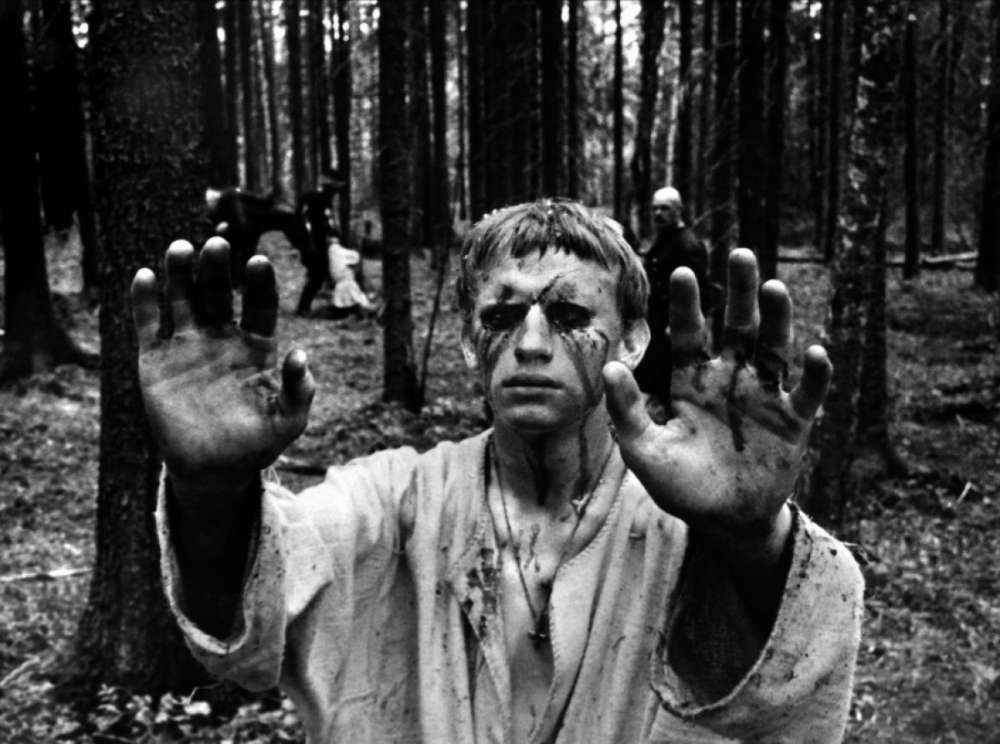
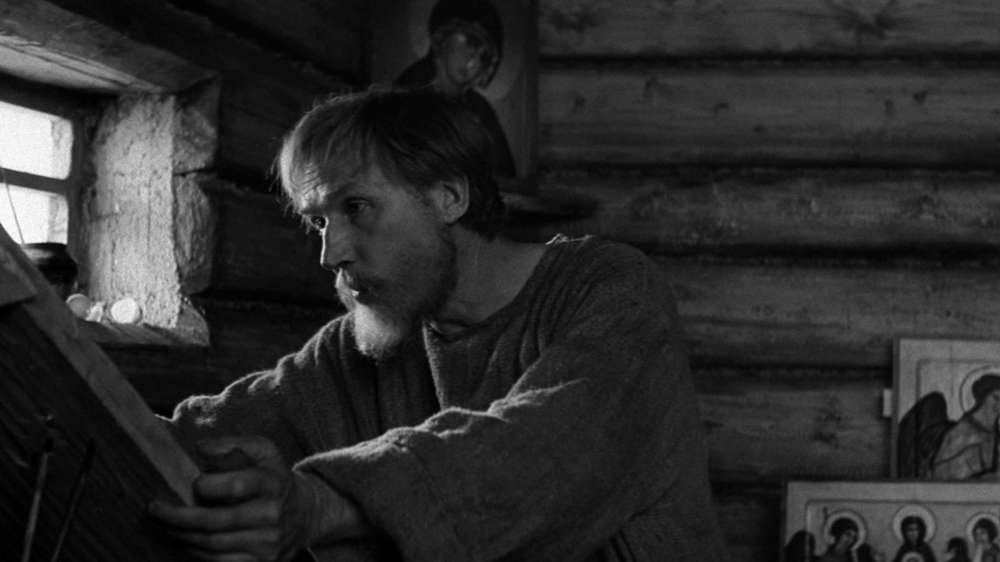
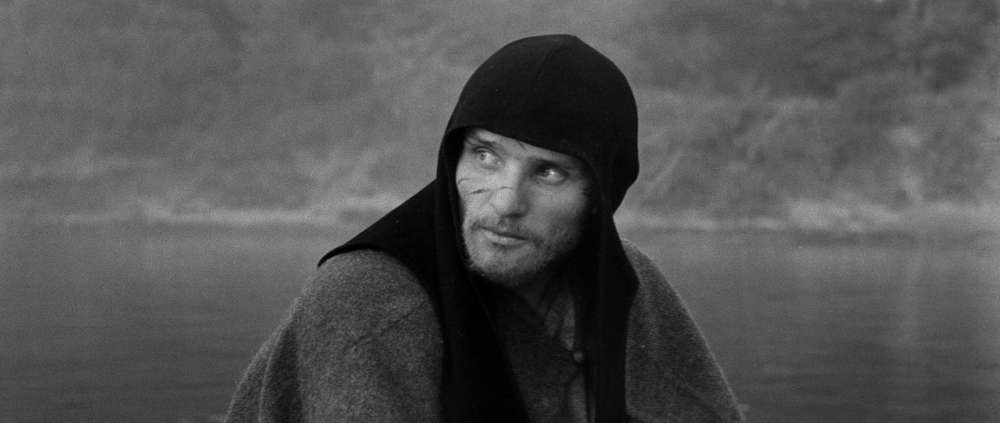
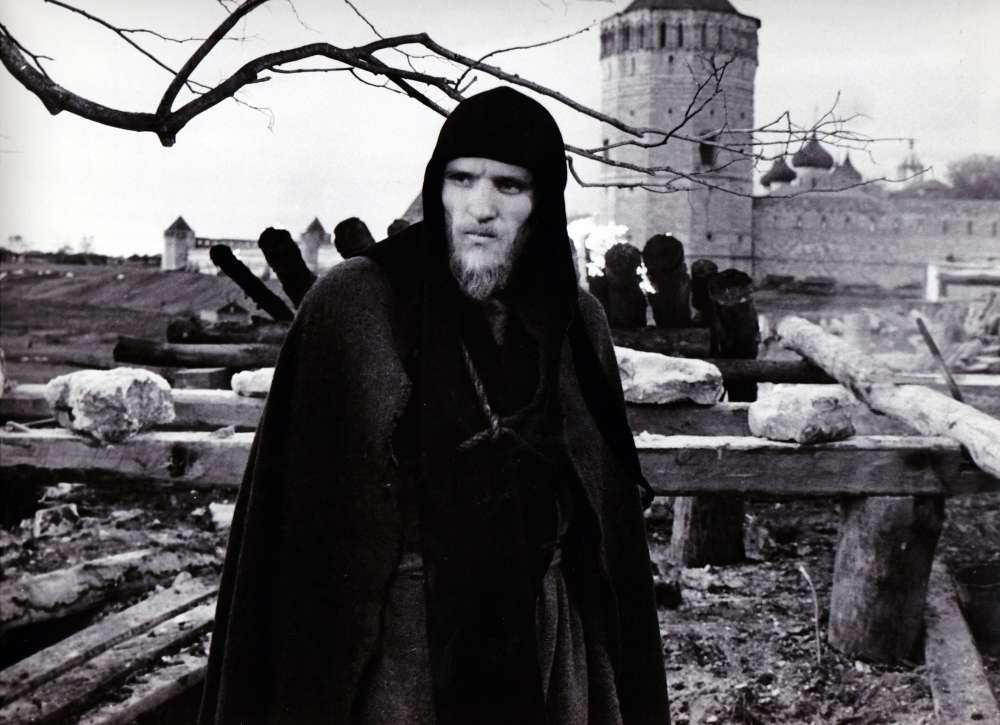
Ocenite film - total votes 0